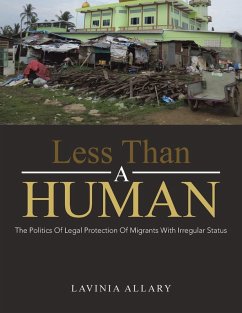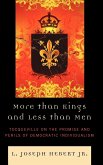Migrants in irregular situations are confronted with dangerous circumstances during their journeys toward Western countries and upon their arrival in those countries of destination. While continuously disputed by social and political forces, migrants and their children continue to live an isolated life in our communities, facing discrimination, abuse, and labour exploitation. Courts and tribunals in our societies try to make sense of this human mobility by sorting out basic human rights and economic privileges in a way which is too revolutionary for conservative parties and too slow and unfair for human rights activists. This book focuses on the issue of human rights protection of migrants in irregular situations. The concept of protection does not refer to a humanitarian definition of aid and intervention on behalf of the victims of migration. Protection here means official recognition by the State and by the law of migrants in irregular situations. It also means recognition of the human rights of migrants, recognition of the migrant as a political actor, and from there, political inclusion and politicization of the migrant. Discussions in international forums are dominated by Westphalian visions of the world, and no change can be envisioned in the near future with this kind of discourse. In a highly individualized and fragmented world, an undocumented migrants' destiny is instead decided on a case-by-case basis in our national courts, and today the most effort is put into advocacy and legal representation. How successful the rights claims are today, what the political context of their development is, and how social and political actors position themselves in regards to irregular migration are points discussed in this book.
Hinweis: Dieser Artikel kann nur an eine deutsche Lieferadresse ausgeliefert werden.
Hinweis: Dieser Artikel kann nur an eine deutsche Lieferadresse ausgeliefert werden.









